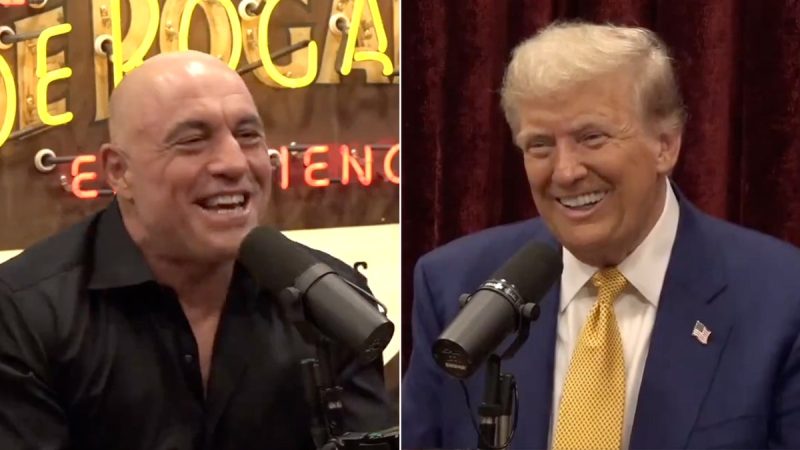 Indeed, October surprises are a well-recognized phenomenon in American politics. With elections slated for November, the tenth month often brings numerous game-changing events that can significantly shift the dynamics of electoral races. These surprises could take the form of scandal revelations, policy announcements, unexpected economic shifts, or significant national or world events that cast one candidate in a more favorable light than their competitors.
Indeed, October surprises are a well-recognized phenomenon in American politics. With elections slated for November, the tenth month often brings numerous game-changing events that can significantly shift the dynamics of electoral races. These surprises could take the form of scandal revelations, policy announcements, unexpected economic shifts, or significant national or world events that cast one candidate in a more favorable light than their competitors.
Some historical examples of October surprises include the following:
1. 1968: Richard Nixon’s campaign sabotaged Vietnam peace talks to aid his own election. This was confirmed in 2016.
2. 1972: As the Watergate scandal was breaking, the Nixon administration announced they were on the cusp of peace with Vietnam again.
3. 1980: The Reagan campaign was scared that Jimmy Carter was going to free the hostages in Iran right before the election but the hostages were not released until right after Reagan’s inauguration.
4. 2000: Just days before the general election, news broke out that George W. Bush had been arrested for drunken driving in Maine in 1976.
5. 2016: Two major October surprises came in quick succession. Firstly, the Access Hollywood tape of Donald Trump making lewd comments about women was leaked. Shortly after, FBI Director James Comey sent a letter to Congress stating he was reopening the investigation into Hillary Clinton’s emails.
Such surprises have the potential to sway public opinion and disrupt campaign strategies, making the run up to elections in October a hot pot of





